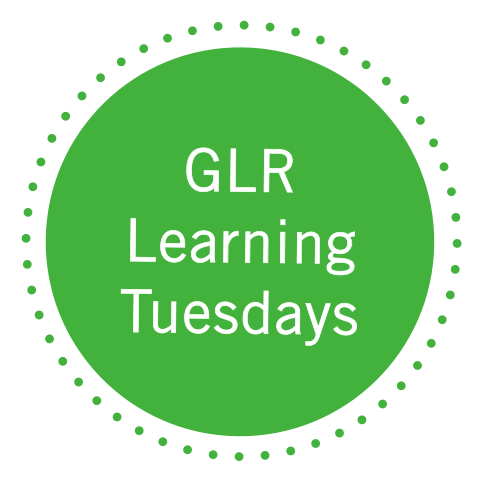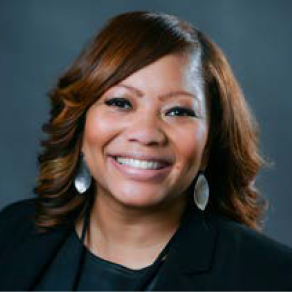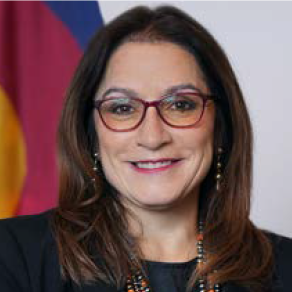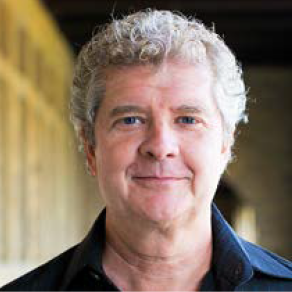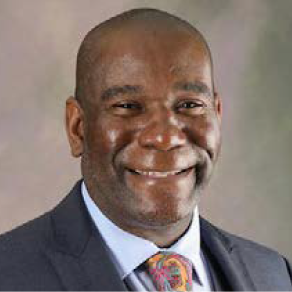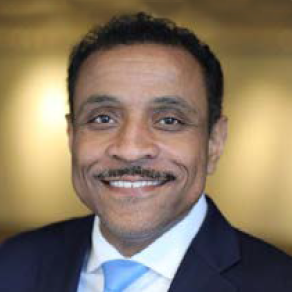
03:00 - 04:30 pm
Education Recovery Scorecard: Results and Implications
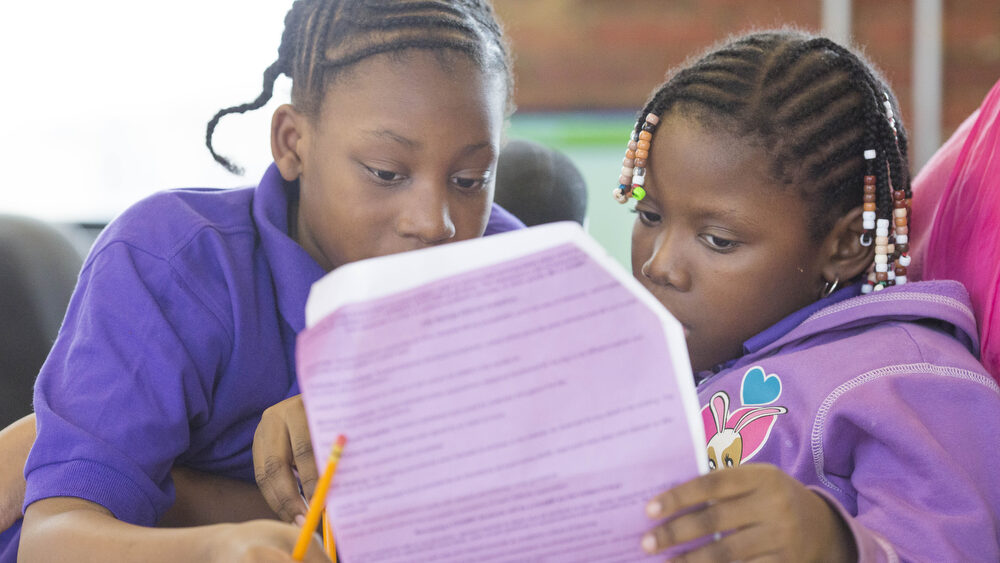
During the April 9, 2024 GLR Learning Tuesdays webinar, The Education Recovery Scorecard: Results and Implications, John Gomperts with the Campaign for Grade-Level Reading moderated a conversation exploring the results and implications of the Education Recovery Scorecard. The scorecard captured the academic performance of elementary and middle school students across 30 states in the 2022–2023 school year to understand progress in post-pandemic academic recovery in schools.
Sean Reardon, Ed.D., with Stanford Graduation School of Education and Tom Kane, Ph.D., with Harvard Graduate School of Education were the two lead researchers on the Scorecard and discussed key findings and considerations. Reardon shared the mixed news that students made significant gains in academic progress last school year, yet inequality of performance widened between students from lower-income and higher-income families. Kane directed attendees to four challenges for post-pandemic academic recovery in U.S. schools: the rise in chronic absenteeism; parents’ underestimation of learning loss; the variation of strategies across districts yielding diverse results; and understanding and meeting the scale and intensity of efforts required to help students catch up academically. Kane then called on states to “step up” with funding and support to districts when the federal funding distributed during the pandemic expires in September.
Three superintendents who have led strong academic recovery in their districts then shared key strategies and approaches they applied to realize this progress. Adrienne Battle, Ed.D., of Metro Nashville Public Schools described a “doubling down” on what works, including tier-1 instruction, high-quality instructional materials, high-dosage tutoring and wraparound services. She also highlighted the district’s mantra of “every student known” and the corresponding personalized student dashboards to understand where every student is academically at any time. Tony B. Watlington Sr., Ed.D., of the School District of Philadelphia listed his district’s priorities for academic recovery that included student and teacher attendance, high-quality curriculum and teacher professional development. Mark A. Sullivan, Ed.D., of Birmingham City Schools shared how he added instructional time to the calendar by creating week-long intersessions and encouraging students who were furthest behind academically to attend. These intersessions included academics and enrichment, and the district successfully recruited about one-third of its students to attend the last round, contributing to academic recovery. They also invested in tutoring and staffed classrooms with peer professionals for more individualized instruction, among other strategies.
Commissioner Susana Cordova, Ed.D., of the Colorado Department of Education offered a state-level perspective on the ways her office has offered support to districts post-pandemic for continued academic recovery, including through tackling chronic absenteeism and working to “triangulate with data to make sure the services we’re offering are aligned to the needs that we see in the field.” Finally, Adam Schott with the U.S. Department of Education Office of Elementary and Secondary Education talked about federal funding that the administration would continue to aim to increase, including Title I and Full-Service Community Schools, to support sustained academic recovery once the additional federal funds from the pandemic expire. And he urged states and districts to continue their partnership and collaboration with governors, mayors and community partners to build the political will and champion the investments necessary to continue recovery.


 All Events
All Events